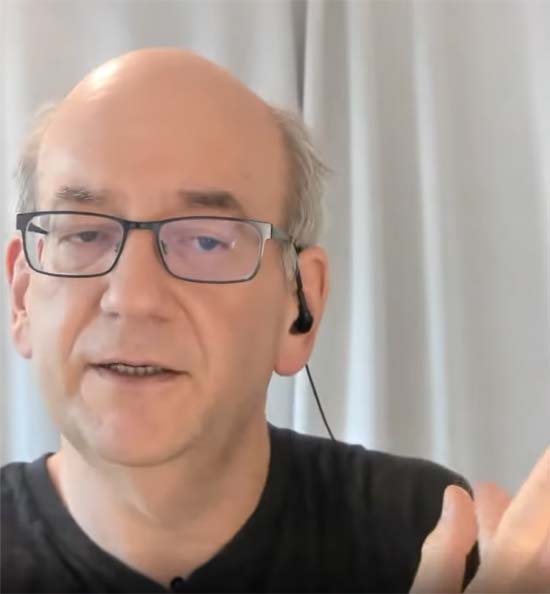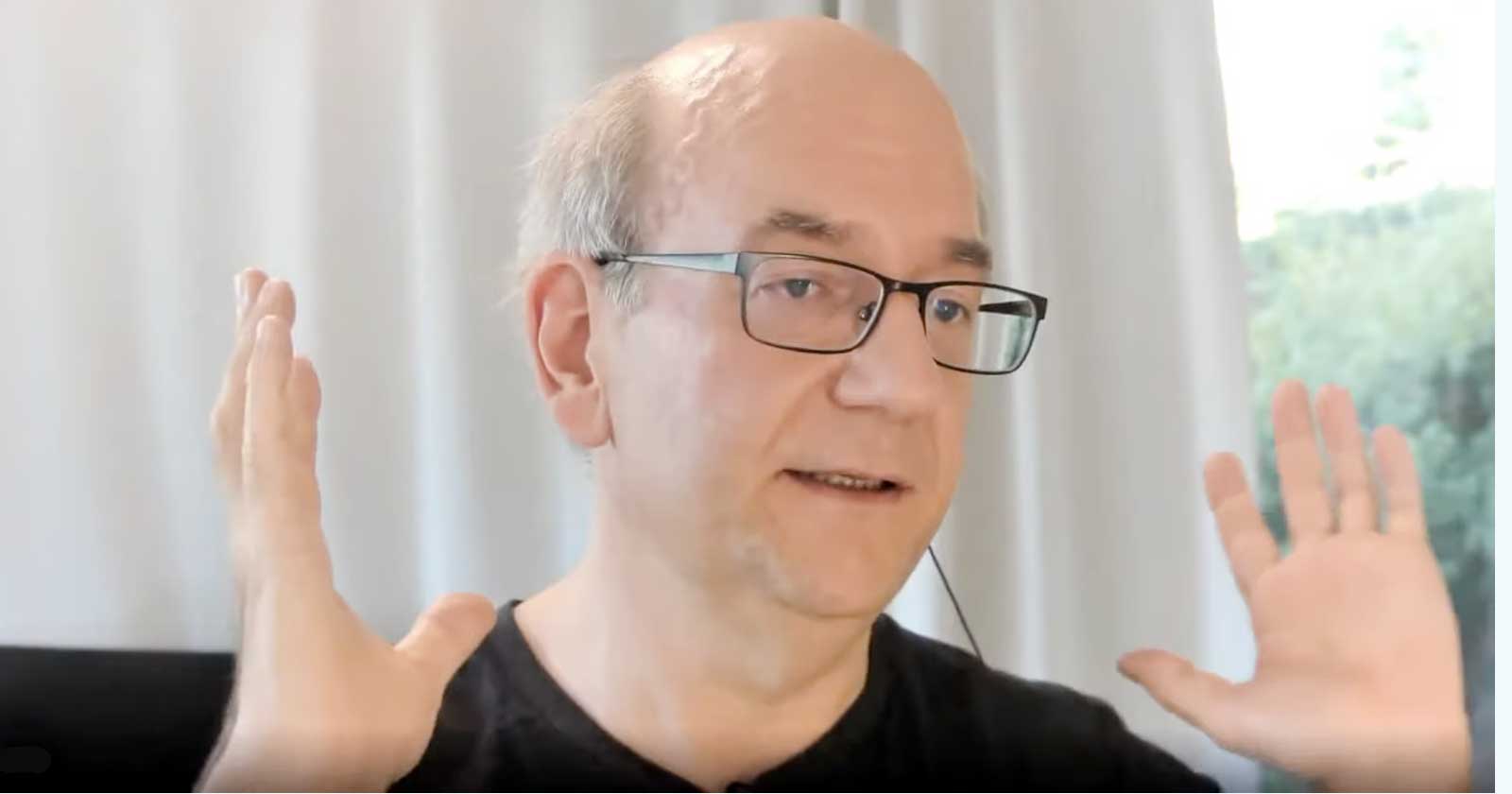Google’s John Mueller answered a question about creating keyword targeted content. The question was whether one should build fewer but stronger pages that target the main keyword and the related keywords or split off the related keywords to their own web pages.
In a way, the question really is about how to strategize content creation around keywords and supporting keywords.
Question About Content Strategy
Clarification About Transactional Intent
The person asking the question made reference to a one-word keyword (smartphones) having “transactional intent.”
In general those kinds of broad keywords do not have a transactional intent.
Those kinds of keywords fall under what some call, commercial investigation intent, where someone is researching reviews or models and so on.
Transactional intent is when someone is ready to buy and uses longer keyword phrases that indicate the intent to buy.
Screenshot of John Mueller Discussing Content Strategy

Create Fewer Strong Articles or Multiple Articles?
The question is about keyword targeting and if all the related keywords should be included in an article targeting the one main keyword or if those additional keywords should be split off to target those keywords individually.
This is the question:
“I have a question about the ecommerce website… We create content based on the keyword suggestions, autocomplete by Google to include more content around the one main topic.
For example, the main topic or transactional intent is smartphones and we’re going to create tech related content around the smartphone, like blog posts.
Should we really need to create separate content or separate keywords around one topic or is just combining all different keywords in one intent and optimize all our content around this intent.”
Content Approach is Shaped by Your Strategy
John Mueller Answered:
“You can do it either way, it’s more of a strategic decision, I think.
In general, what you are balancing is making pages that are specific for individual topics and making pages that are more general but where you have fewer pages. So you’re kind of balancing many pages versus fewer pages.
And if you have fewer pages, generally those few pages tend to be a little bit stronger.
Whereas if you have a lot of pages then it’s like the value is spread out a little bit more.
So if there are specific topics where the competition is stronger then you want to have very strong pages, so maybe fewer pages.
If you are targeting areas where the competition is not so strong then maybe having more pages is fine.
So that’s kind of the balance that you would try to take there.
If you’re starting out, probably having fewer pages is a good idea so that you can be as strong as possible in that area.
And then over time as you see like we’re very good here, you can split off individual pages for more niche topics.”
How to Make Google Prefer the Important Content
The person asking the question followed up with another one, this time asking that if he builds all this content how can he make Google give priority to their most important content with the transactional intent.
John Mueller answered:
“You can’t give any priority for them but you can help with internal linking.
So within your website you can really highlight the pages that you want to have highlighted more and make sure that they’re really well-linked internally.
And maybe the pages you don’t find that important make sure that they’re a little less well-linked internally.
…Usually with internal linking you can think of it as the important pages you would have linked from your home page and the less important pages are linked from like a category or subcategory page, something like that.
So that when we look at your site we see, oh the home page is very important and the home page points at these five pages, so these five pages are almost as important as the home page and then from there kind of the value is spread out.
And that’s kind of the way that you can help us to figure out which pages you think are important.
It doesn’t mean we will always follow that. But it’s a good way to give that kind of information.”
How to Pick the Best Content Strategy For Google
The person asking the question has a good reason to ask it. Many publishers have an important page for conversions and less important pages that are more informational that might drive traffic back to the more important page.
But sometimes things go sideways and Google might begin preferring the less important page.
As John Mueller indicated, internal linking patterns are one way to give Google a clue about which page is more important.
And if those important pages are difficult to obtain external links into them then the less important pages can serve as link magnets that attract links to themselves and then link back to the important pages. That way the internal linking continually points to the important page in support of it.
So really, deciding whether to build big strong pages or lots of smaller less strong pages contains even more nuance than keyword targeting. Sometimes those “less important” topics are the most popular in terms of links.
Another important point John makes is how when a site is starting out it may be useful to focus on building stronger pages that can be more easily promoted and when the site is more established to then grow the site to the next stage.
As Mueller advised:
“If you’re starting out, probably having fewer pages is a good idea so that you can be as strong as possible in that area.
And then over time as you see like we’re very good here, you can split off individual pages for more niche topics.”
That is an approach where some content sites might start out on one topic and then once they’re established they can then branch out to related topics. It’s kind of like focusing on smartphones then branching out to conquer smartphone accessories, like conquering territory and growing into an empire.
Citation
How to Balance Publishing More or Fewer Pages When Keyword Targeting
Watch John Mueller answer the question at the 16:52 minute mark





![AI Overviews: We Reverse-Engineered Them So You Don't Have To [+ What You Need To Do Next]](https://www.searchenginejournal.com/wp-content/uploads/2025/04/sidebar1x-455.png)